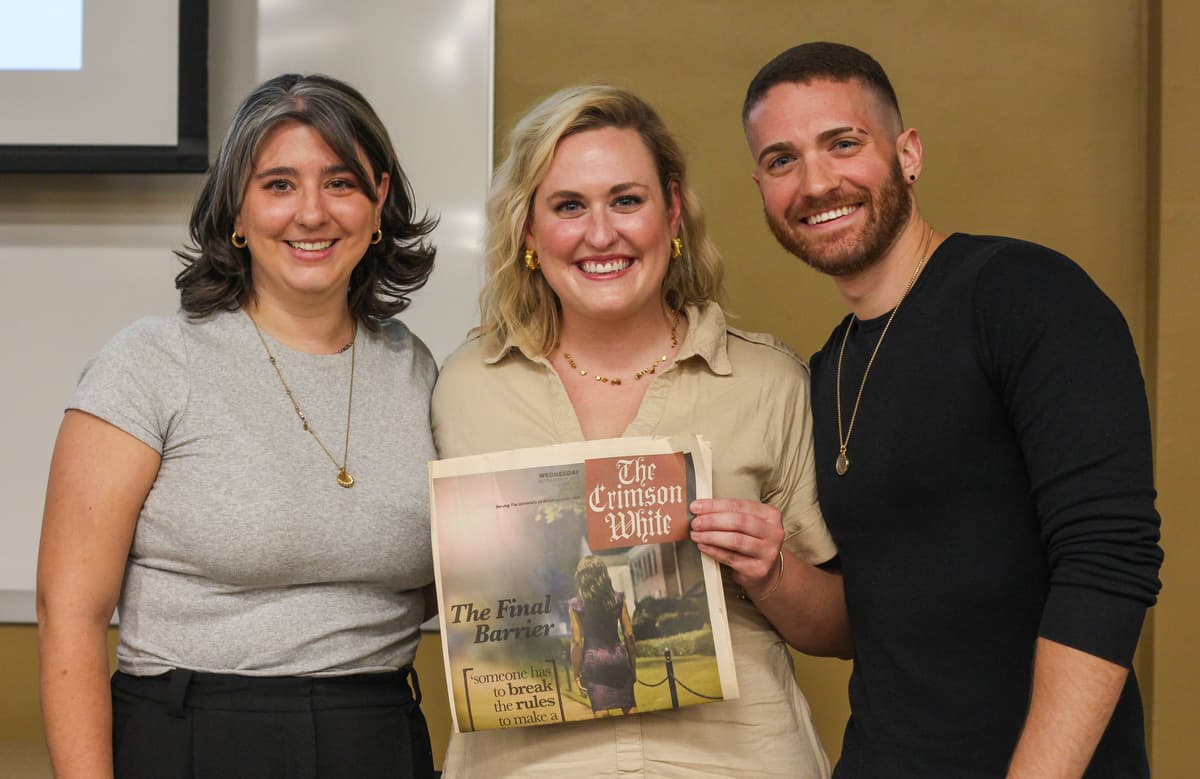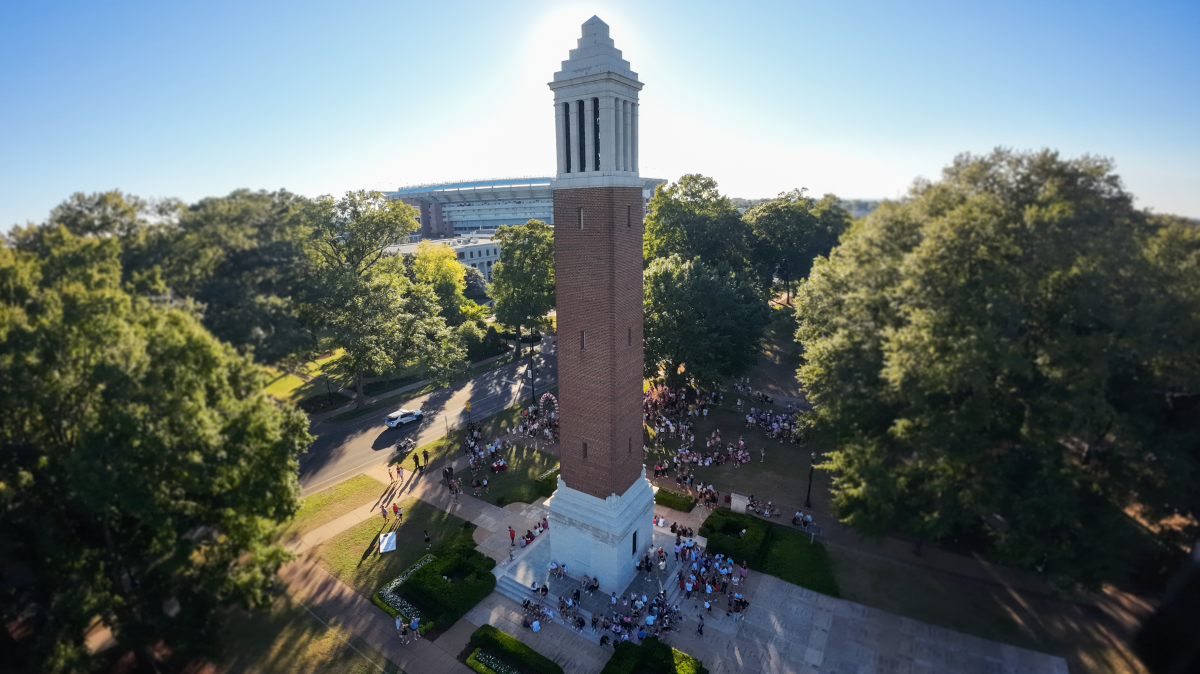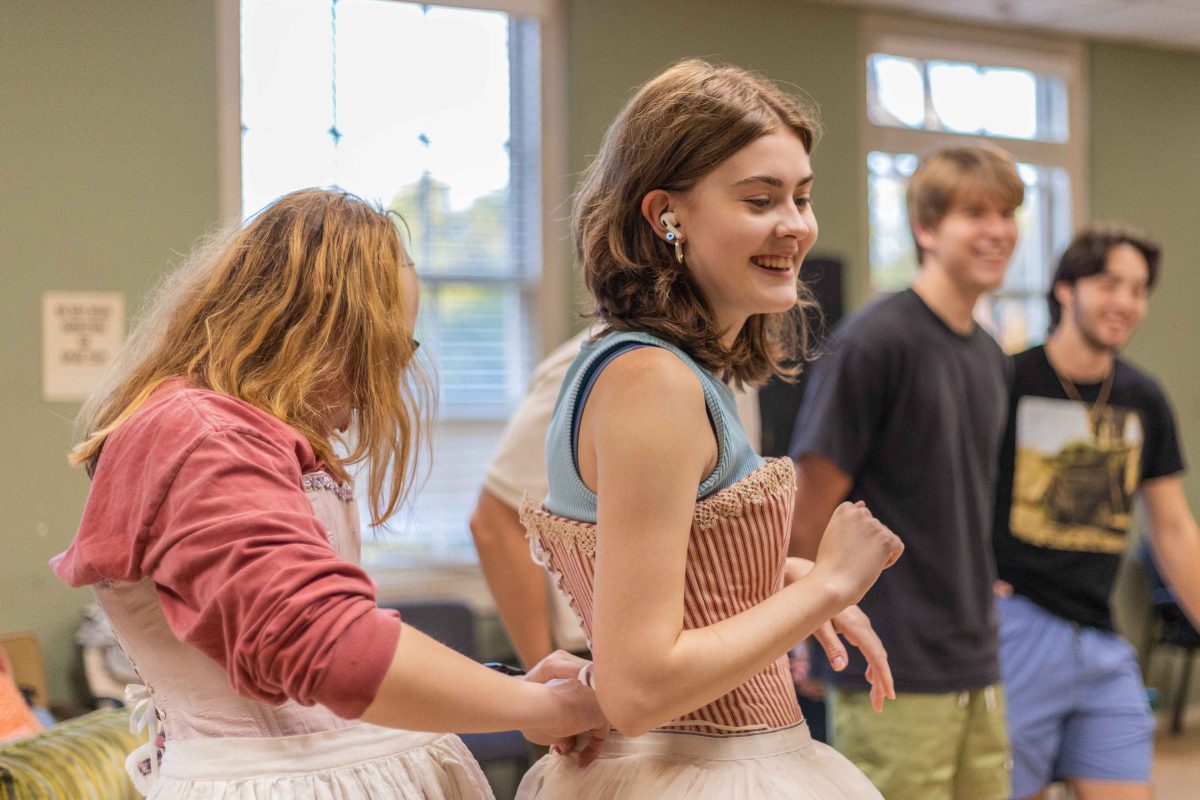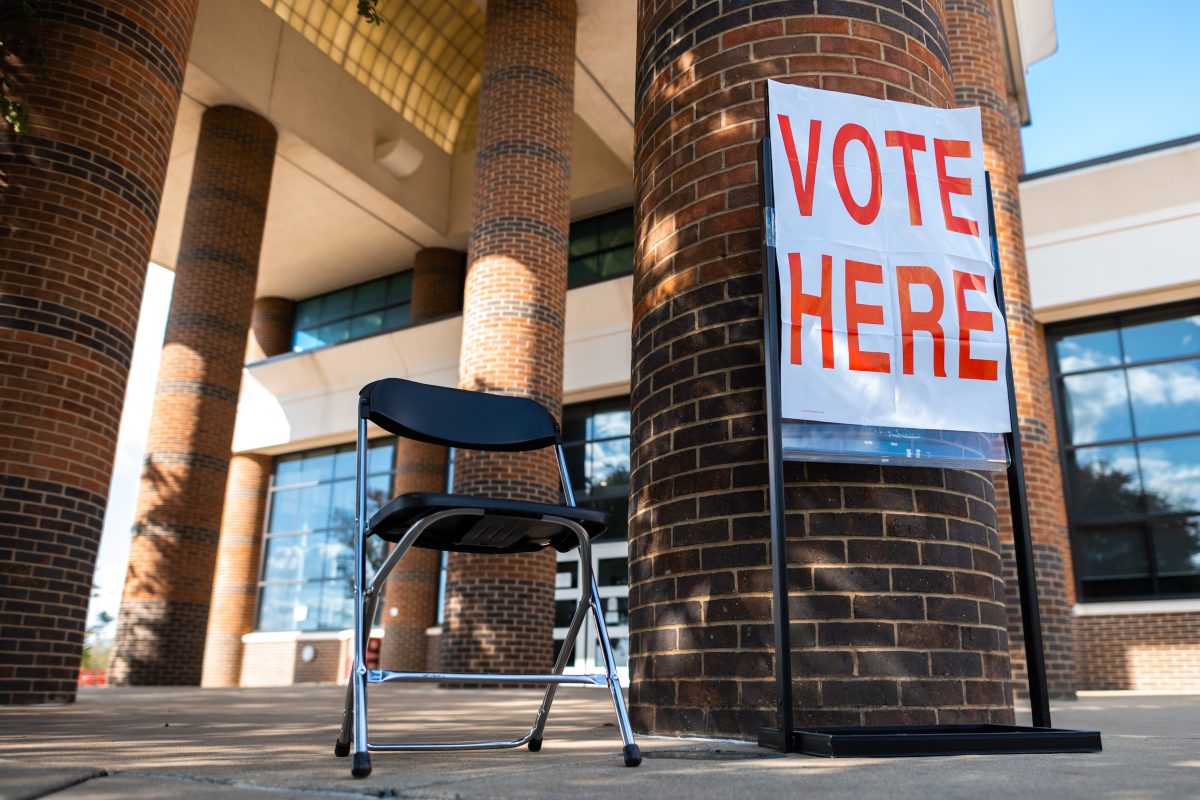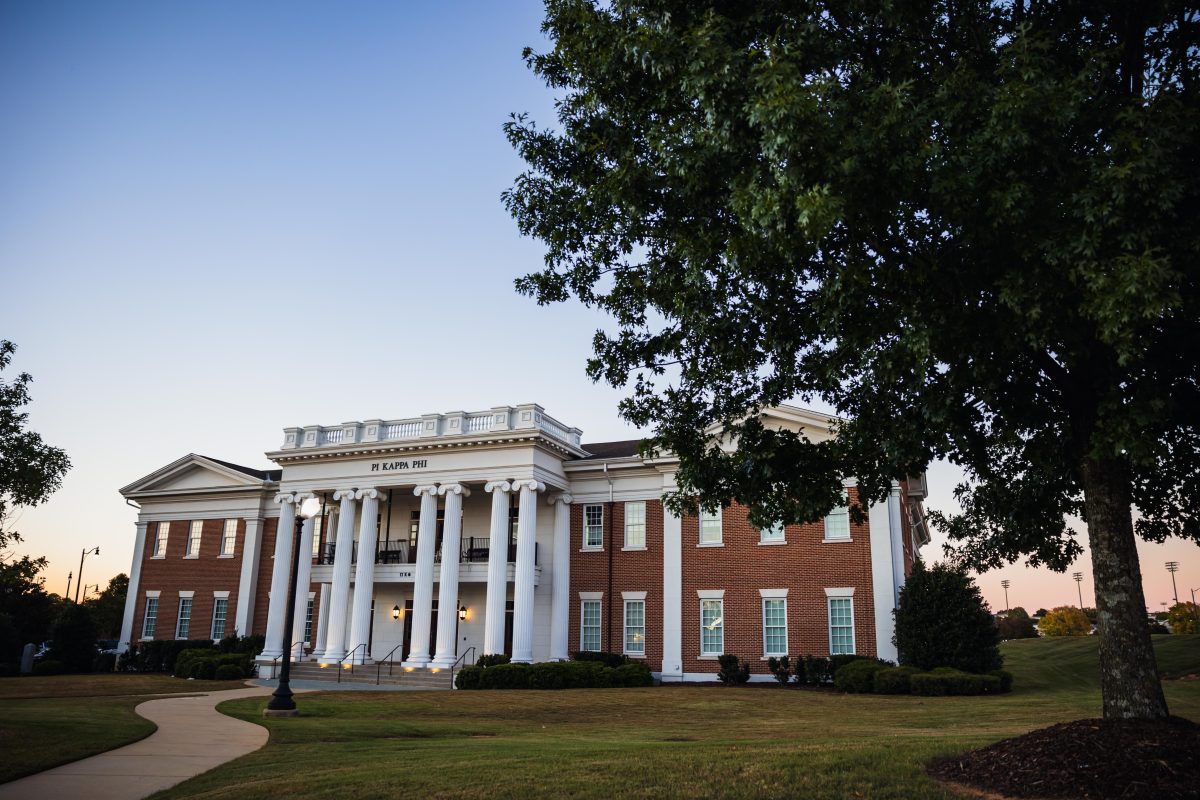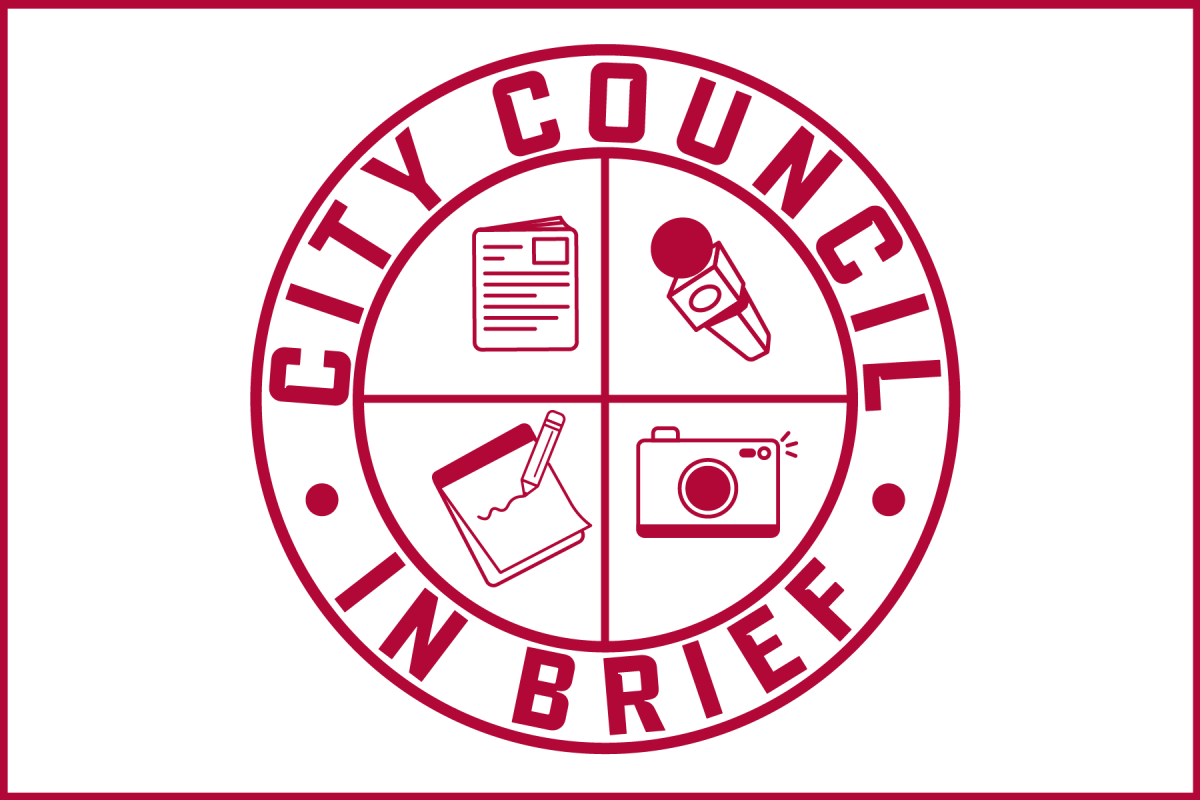Ten years ago, an anonymous UA student made national headlines and became the center of a scandal that elicited responses from the University president and the governor of Alabama.
This all occurred because she did not receive a bid from any of the 16 sororities in the Alabama Panhellenic Association.
This was not because of her lack of qualifications; she was salutatorian of her high school’s graduating class and graduated with a 4.3 GPA. Nor was the rejection due to a lack of family prestige; the woman was a member of one of the most highly respected families in the state, and her family had a historic connection to the University.
Many were at a loss to explain how the step-daughter of Alabama Rep. Chris England and the step-granddaughter of Judge John England Jr., a graduate of UA Law School and former Alabama Supreme Court justice, could have been rejected.
The answer, some supposed, lay in the entrenched segregation that many associated with Greek life at the University.
When The Crimson White published “The Final Barrier: 50 Years Later, Segregation Still Exists,” it brought to light details about the woman’s rejection, and Greek life as a whole, that the University is still attempting to reckon with.
On Monday, the UA Society of Professional Journalists held a panel discussion in Reese Phifer to commemorate the 10-year anniversary of the story. Present were Mazie Bryant, the editor-in-chief of The Crimson White at the time, as well as Abbey Crain and Matt Ford, who co-wrote the article. Also present were England and Mark Mayfield, a professor in the College of Communication and Information Sciences who was the student media adviser at the time.
Several at The Crimson White had anticipated being able to cover the woman’s success during sorority recruitment week.
“It was very much a thing on campus that this candidate was coming here, because a lot of people were expecting a point of change,” Ford said.
However, the happy story they’d planned on didn’t come to fruition.
England remembers his reaction when he heard the news.
“The truth is, I was shocked that she didn’t initially make it,” England said.
Ford and Crain set out to find sources; Melanie Gotz, a member of the sorority Alpha Gamma Delta who was initially hesitant about speaking on the record, provided the duo with a quote that, in Mayfield’s words, was a “quote from God.”
The story opened with the question, “Are we really not going to talk about the Black girl?” asked by Gotz during her chapter’s sorority recruitment. The question was greeted by silence.
Ford and Crain revealed that alumnae and advisers had played a significant role in the admissions decisions of several of the sororities, sometimes overruling the wishes of students.
After its publication, “The Final Barrier” was met with responses from readers, comments from public officials, and national media attention.
In response to the controversy, the University opened continuous open bidding, and the anonymous woman from the story was eventually accepted into an APA sorority.
“Not only did she become an active member of her sorority, but she became a Capstone person,” England said, referring to her participation in Capstone Men and Women.
The story went on to win a number of national media awards, including the Ancil Payne Award for Ethics in Journalism.
Since the story’s publication, demographic data from the Office of Fraternity and Sorority Life suggests that Greek life has taken gradual steps toward integration over the past decade.
However, Crain believes that these steps are limited in what they can change.
“I don’t think it’s going to change because this is what sororities and fraternities were founded on. Exclusivity, power, money, societal upholding of white patriarchy,” Crain said.
“The Final Barrier” continues to inspire Alabama students to change their university for the better, among them Chaney Scott McCorquodale, the president of the UA Society of Professional Journalists.
“Think of how not just campus but the country at large changed just because of three journalism majors at The University of Alabama. … It validates all that we do here,” McCorquodale said.



